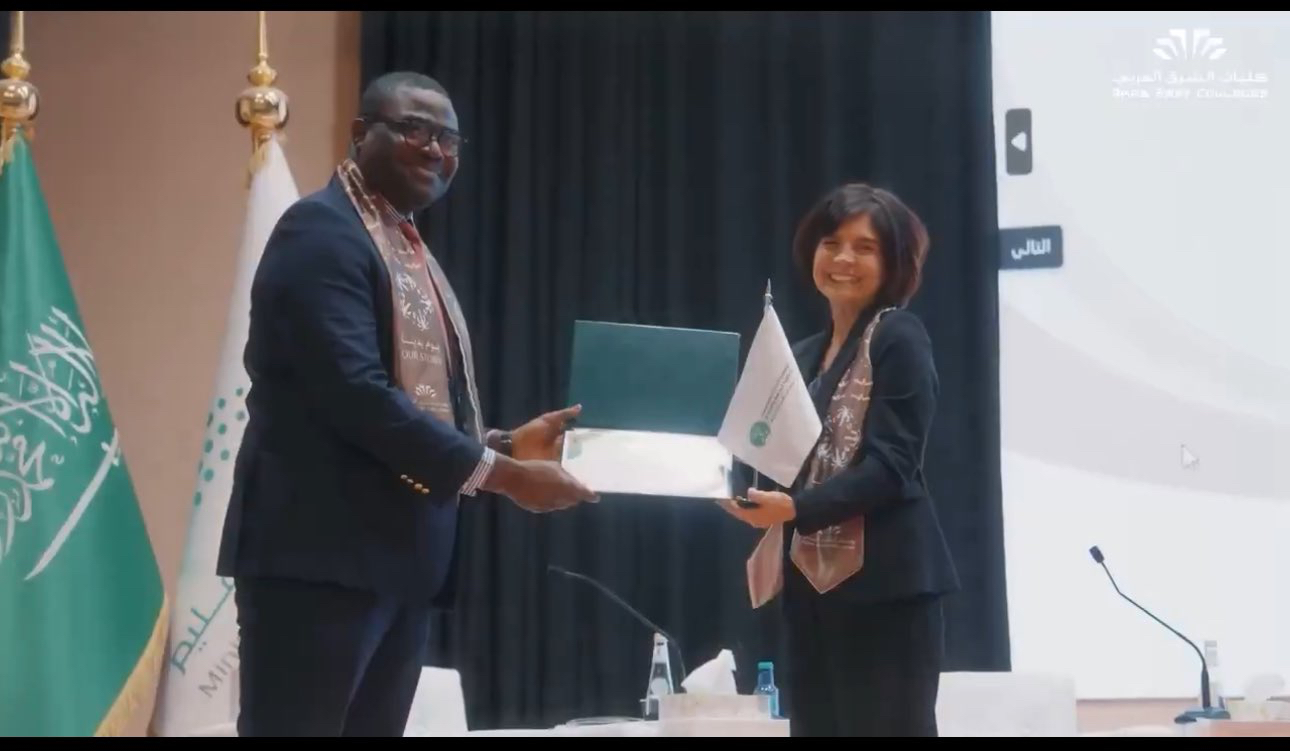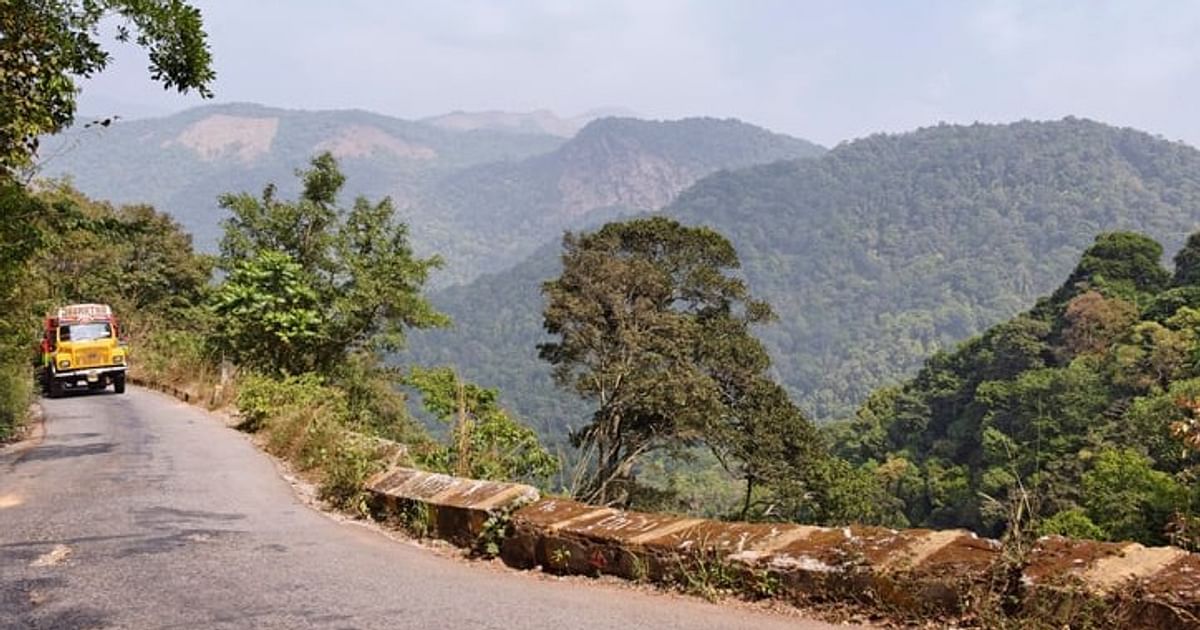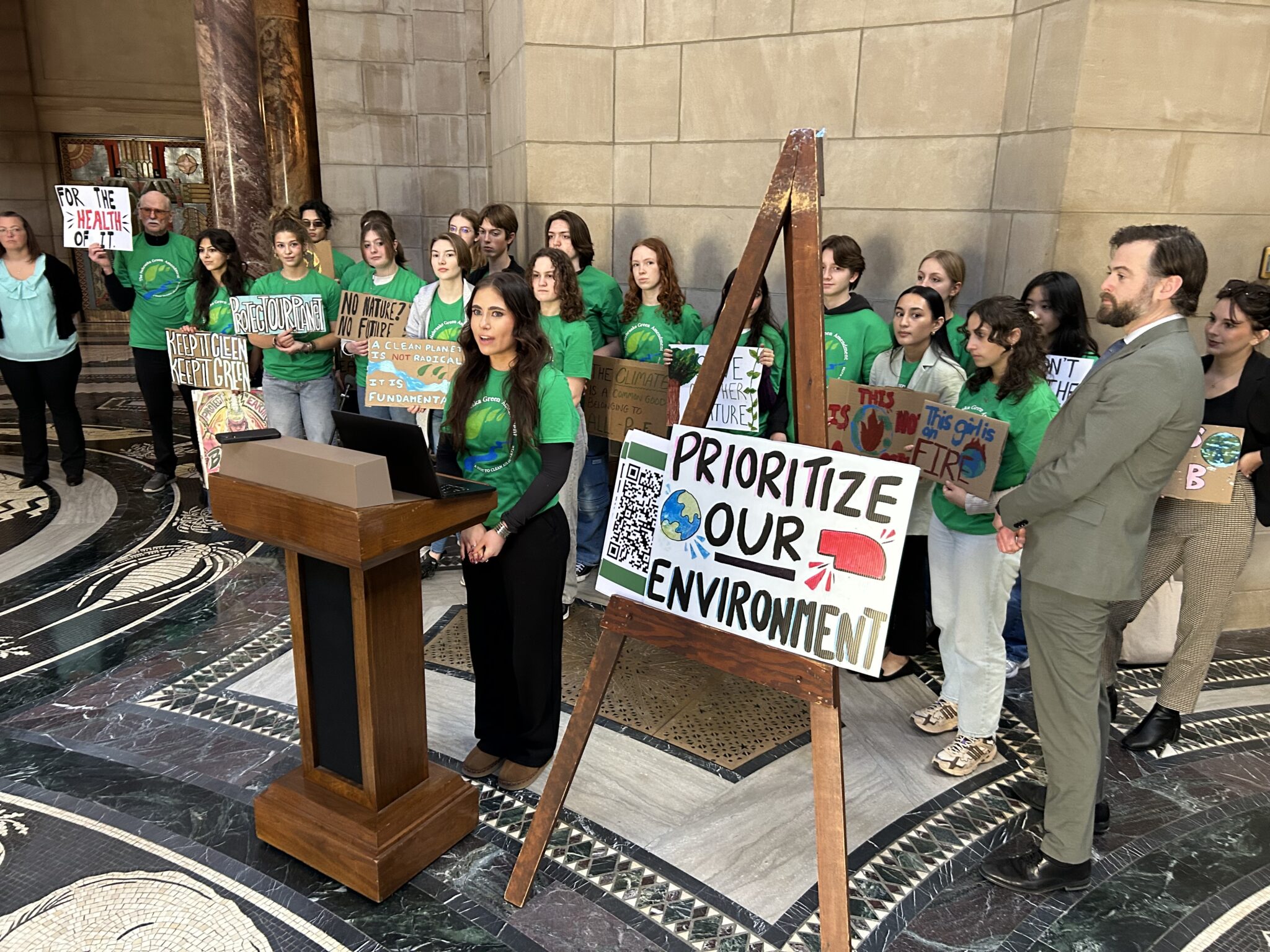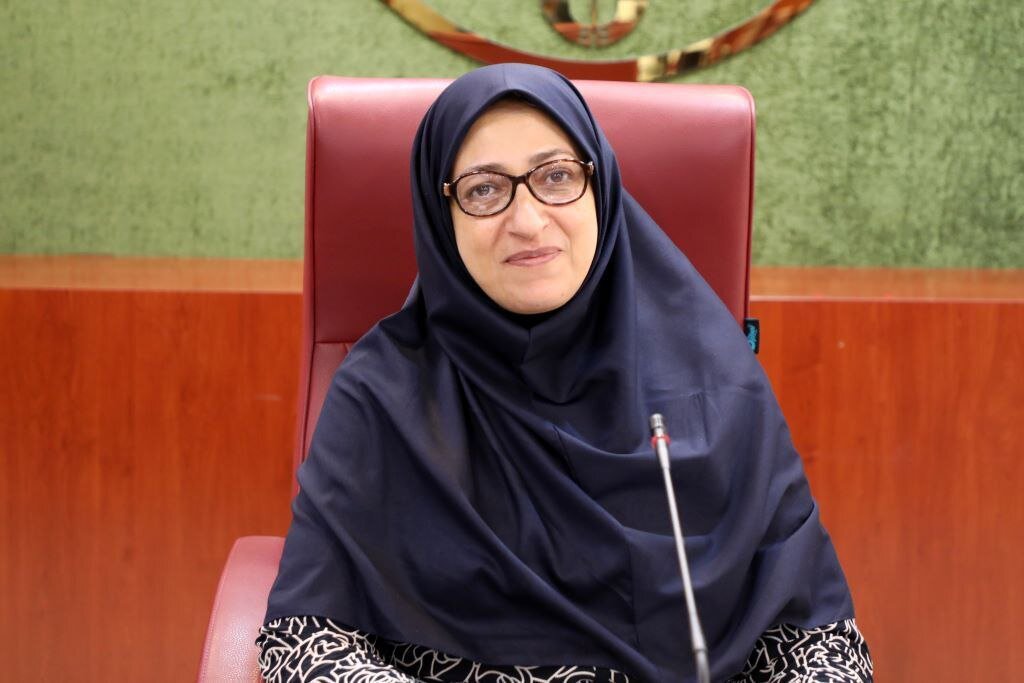Water, Law, and Survival: MENA Experts Converge in Riyadh to Reshape Environmental Dialogue
Environment
2025-03-31 12:08:49Content

In a powerful call to action last February, environmental law experts from the World Center for Environmental Law (WCEL) and leading international organizations emphasized the critical need to prioritize environmental law education. Their primary focus was on enhancing water security and accelerating progress towards the United Nations Sustainable Development Goals (SDGs) across the Middle East and North Africa (MENA) region.
The experts highlighted the transformative potential of comprehensive environmental legal education in addressing complex water challenges. By equipping professionals, policymakers, and stakeholders with advanced legal knowledge, they believe significant strides can be made in sustainable water management, resource conservation, and regional environmental resilience.
This urgent appeal underscores the interconnectedness of legal education, environmental protection, and sustainable development in one of the world's most water-stressed regions. The WCEL's initiative represents a strategic approach to empowering communities and driving meaningful environmental change through targeted legal training and awareness.
Transforming Water Security: A Groundbreaking Approach to Environmental Law Education in the MENA Region
In the complex landscape of global environmental challenges, the Middle East and North Africa (MENA) region stands at a critical crossroads. Water scarcity, environmental degradation, and sustainable development have emerged as pivotal concerns that demand innovative legal and educational strategies to address fundamental ecological and human rights issues.Empowering Change: Legal Expertise Meets Sustainable Development
The Critical Intersection of Environmental Law and Water Security
The environmental law community has long recognized the profound interconnectedness between legal frameworks and sustainable water management. In the MENA region, this connection becomes even more pronounced, as countries grapple with unprecedented environmental challenges that threaten both ecological stability and human survival. Water security is not merely a technical challenge but a complex legal and social ecosystem that requires comprehensive, multidisciplinary approaches. Experts from the World Commission on Environmental Law (WCEL) have identified a critical gap in current approaches. Traditional legal education often fails to address the nuanced, interdisciplinary nature of environmental challenges. By reimagining legal education, professionals can develop more holistic strategies that integrate ecological understanding, human rights perspectives, and innovative policy frameworks.Sustainable Development Goals: A Transformative Framework
The United Nations Sustainable Development Goals (SDGs) provide a comprehensive blueprint for addressing global environmental challenges. In the context of the MENA region, these goals take on heightened significance. Water security is not just an environmental issue but a fundamental human rights concern that intersects with economic development, social justice, and ecological preservation. Legal professionals are uniquely positioned to drive systemic change. By developing specialized educational programs that blend environmental law, policy analysis, and practical implementation strategies, they can create powerful mechanisms for sustainable transformation. This approach goes beyond traditional legal training, emphasizing adaptive thinking, interdisciplinary collaboration, and innovative problem-solving.Educational Innovation: Reimagining Environmental Legal Training
The call for prioritizing environmental law education represents a paradigm shift in professional development. Traditional legal education models are being challenged to incorporate more dynamic, responsive curricula that reflect the complex realities of contemporary environmental challenges. Emerging educational strategies focus on creating adaptive learning environments that prepare legal professionals to navigate increasingly complex ecological and regulatory landscapes. This involves developing curriculum that integrates cutting-edge research, practical field experiences, and interdisciplinary collaboration across scientific, legal, and policy domains.Regional Dynamics and Global Implications
The MENA region presents a unique laboratory for environmental legal innovation. Characterized by extreme climatic conditions, rapid urbanization, and complex geopolitical dynamics, the region demands sophisticated, context-specific approaches to water security and environmental management. International environmental law experts are advocating for localized yet globally connected educational frameworks. These approaches recognize the specific ecological and cultural nuances of the MENA region while maintaining alignment with global sustainable development principles. By fostering a new generation of legally trained environmental professionals, the region can develop more resilient, adaptive strategies for addressing complex ecological challenges.Technological Integration and Future Perspectives
Emerging technologies are playing an increasingly critical role in environmental law and water security. Artificial intelligence, remote sensing, and advanced data analytics are providing unprecedented insights into ecological systems, enabling more precise legal and policy interventions. Legal education must evolve to incorporate these technological dimensions, preparing professionals to leverage digital tools for environmental monitoring, policy development, and sustainable resource management. This technological integration represents a fundamental reimagining of environmental legal practice, moving beyond traditional regulatory approaches toward more dynamic, responsive frameworks.RELATED NEWS
Environment

Green Light for Controversial Wayanad Tunnel: Environmentalists Raise Alarm
2025-03-02 14:13:17
Environment

Green Belt Breakthrough: How Urban Development Could Actually Save Our Planet
2025-03-04 12:15:59
Environment

Job Market Stumbles: Private Sector Hiring Hits Lowest Gear with Meager 62,000 Job Additions
2025-04-30 12:51:37





